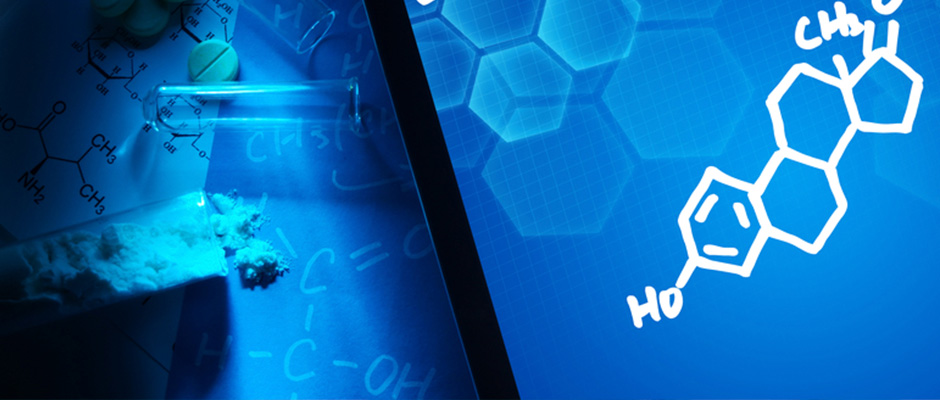How ERα is regulated in endometriosis?
Jun 25, 2017
Estrogen Receptor α Expression in Endometriosis is not Regulated by Promoter Methylation
Key Points
Highlight:
- Estrogen Receptor α (ERα) expression alteration in endometriosis is not due to epigenetic, i.e., methylation of the promoter.
Importance:
- Endometriosis is estrogen dependent. It was suggested that the ERα expression is altered in ectopic endometrium compared to the eutopic endometrium.
- Thus it is crucial to understand how ERα is regulated in the normal and ectopic endometrium (i.e., endometriosis), whether Estrogen Receptor 1 (ESR1) promoter methylation plays a role or not.
What's done here:
- ERα expression and Estrogen Receptor 1 promoter methylation was analyzed in endometrial tissues (two proliferative and two early secretory) and three ovarian endometriosis tissues.
- Expression of ERα was analyzed by immunohistochemistry, and methylation status of the ESR1promoter region was examined by a real-time methylation-specific PCR (rt-MSP).
Data:
- The results showed significantly higher ERα expression, as reflected by immunoreactivity score in endometriosis compared to the eutopic endometrium.
- Estrogen Receptor 1 promoter analysis in eutopic endometrium and endometriosis samples did not show methylation specific alteration, suggesting that it is not the DNA methylation which alters the expression of ERα.
Limitations:
- The number of samples used for analyses was limited.
- The eutopic endometrium and ovarian endometriosis samples come from different individuals.
Lay Summary
Endometriosis pathogenesis is largely influenced by estrogen. Ectopic endometrium has altered expression of ERα compared to the eutopic endometrium. It is unclear what biological processes regulate such alteration.
The article by Toderow et al. in Archives of Gynecology and Obstetrics examined the mechanism regulating ERα expression by analyzing the promoter, which is a DNA region that initiates gene expression.
Previous analyses have suggested ERα expression changes due to DNA methylation in Estrogen Receptor 1 promoter of several malignant and non-malignant conditions. Hence, the authors examined the ERα expression and Estrogen Receptor 1 promoter methylation in eutopic endometrium and endometriosis tissues. The studies included four endometrium (two proliferative and two early secretory) and three ovarian endometriosis tissues in their analyses.
Similar to published data, the authors demonstrated increased ERα expression in ovarian endometriosis tissues. On the other hand, DNA methylation status was not altered in endometrium or endometriosis. Thus, ERα expression changes in endometriosis seem not to be regulated by DNA methylation. Since the sample numbers were quite small, future studies may be required to confirm the findings. Furthermore, ERα expression in endometriosis and infertility may be interesting to investigate since direct causes of endometriosis-related infertility are not completely understood. Hormonal influence can cause luteal phase defect, which causes failure of blastocyst implantation.
Furthermore, ERα expression in endometriosis and infertility needs to be investigated as well since direct causes of endometriosis-related infertility are not clear. Hormonal influence can cause luteal phase defect, resulting in the failure of blastocyst implantation.
Research Source: https://www.ncbi.nlm.nih.gov/pubmed/28578502
estrogen hormone genetic DNA ER? methylation ER1 promoter secretory proliferative expression infertility luteal phase defect hormones

